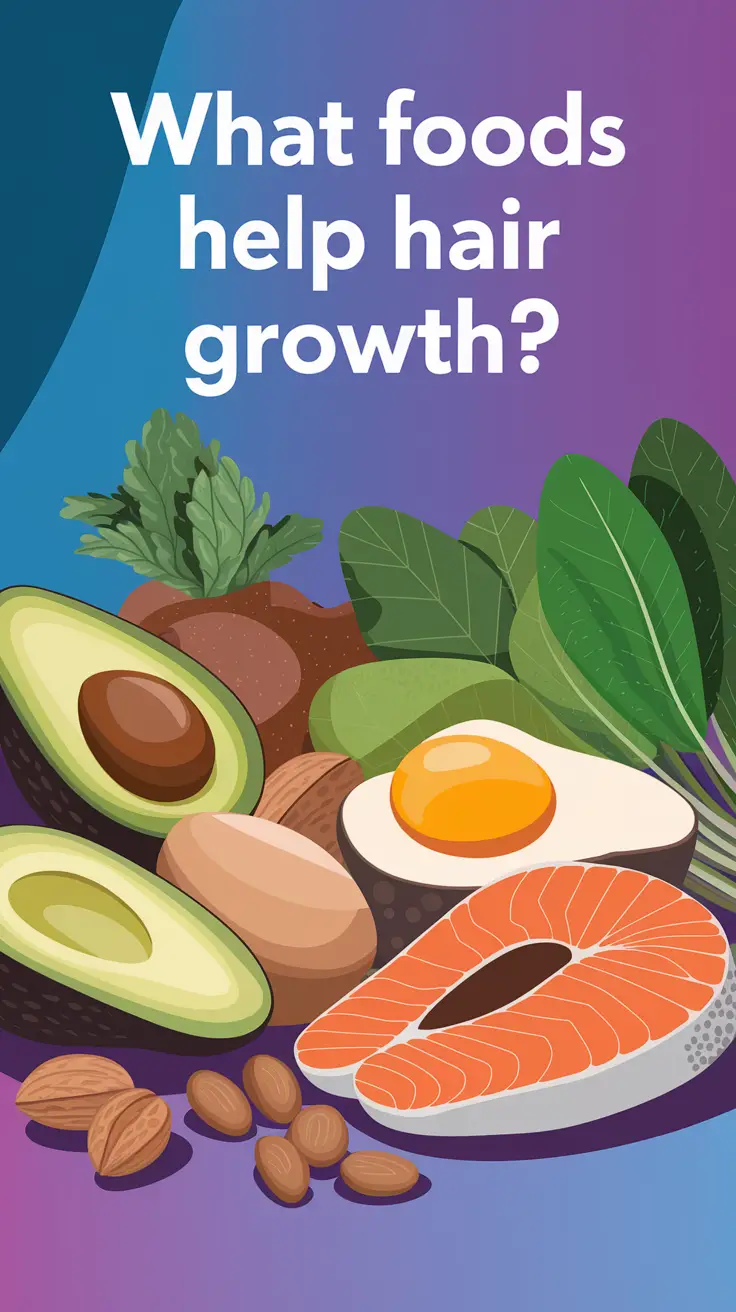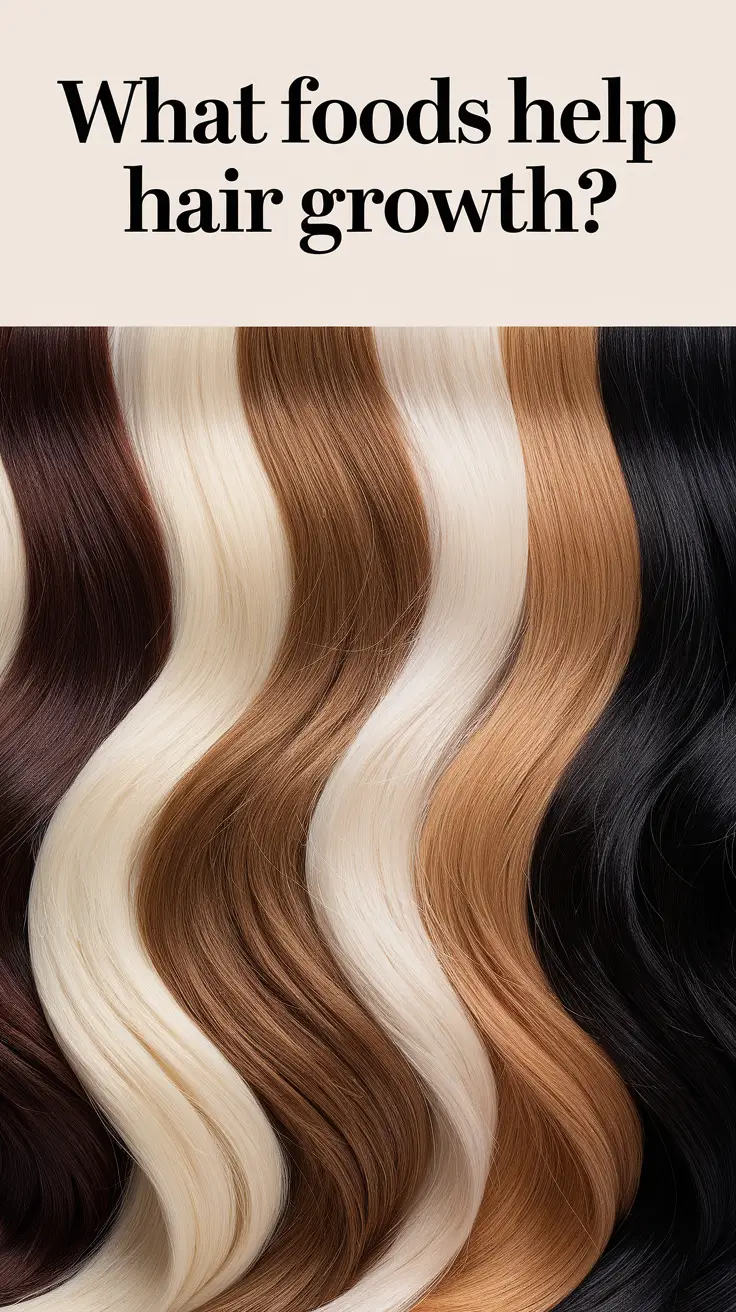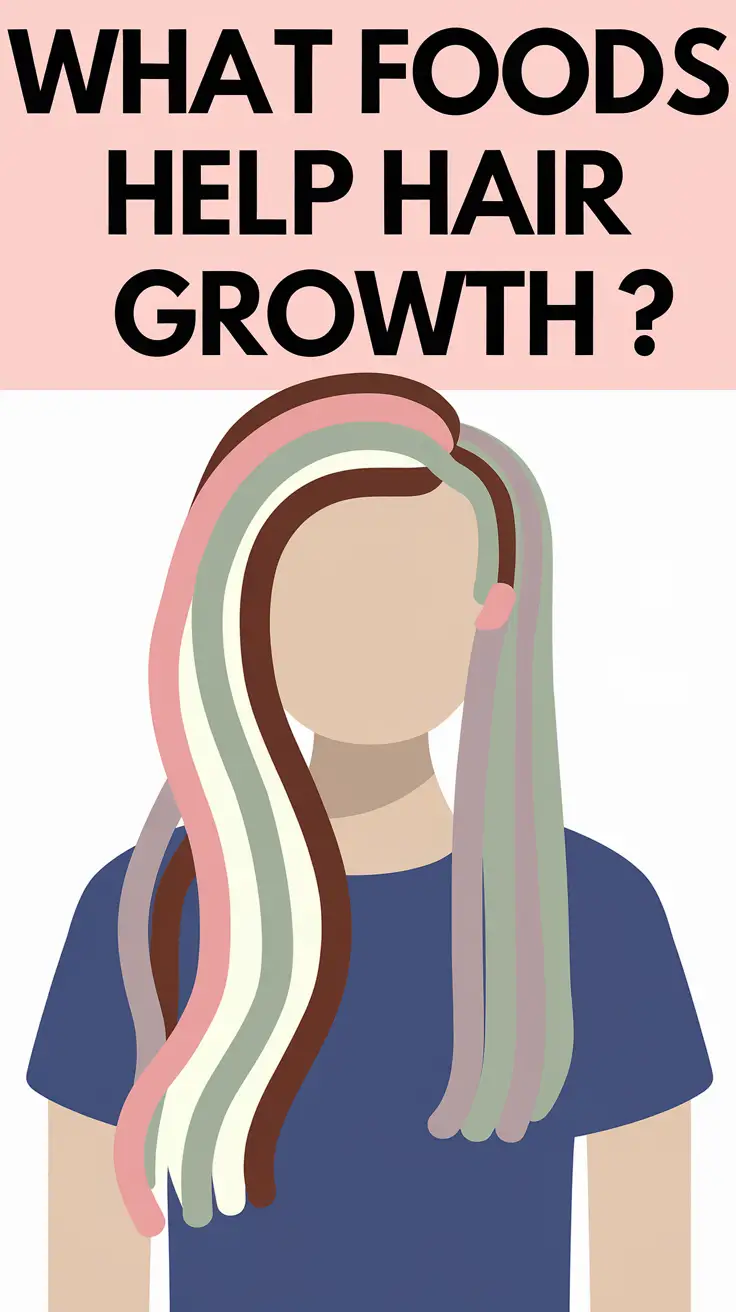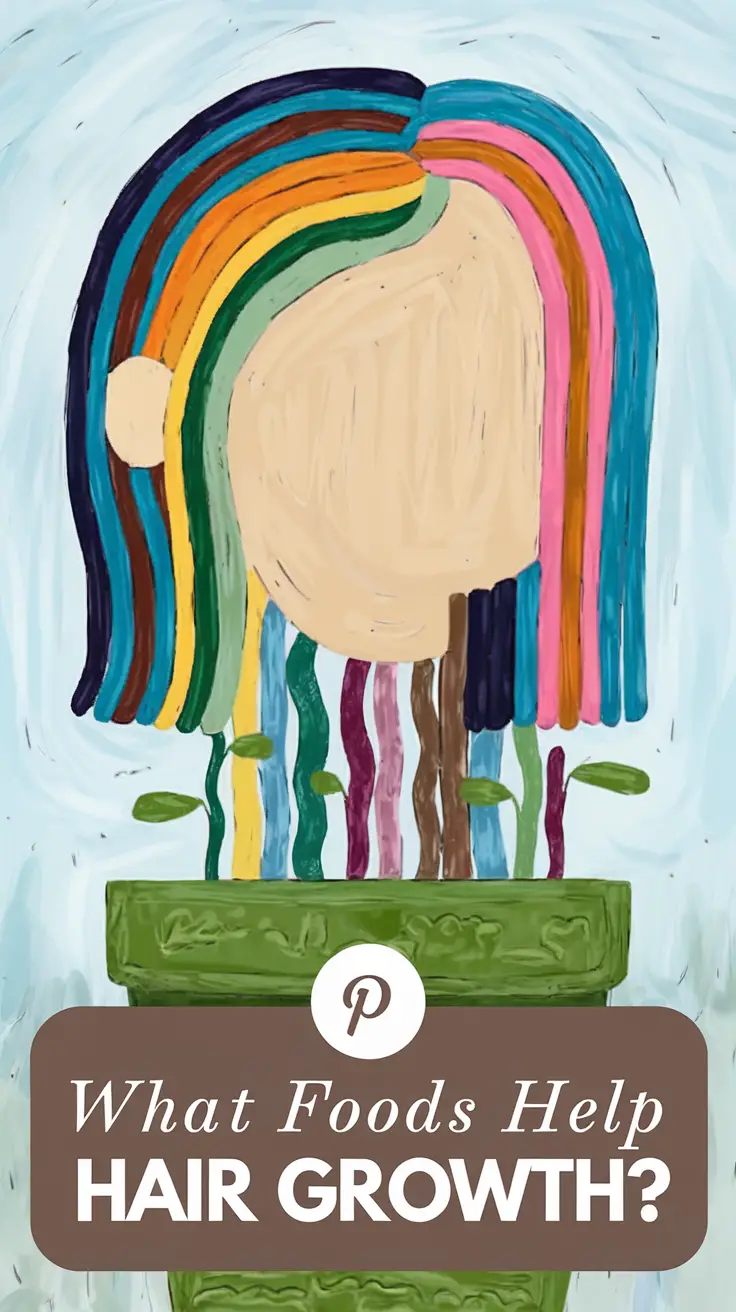What Foods Help Hair Growth? A Complete Guide
Achieving luscious, healthy hair isn’t just about the products you use; it’s fundamentally tied to the foods you eat. Hair growth, strength, and shine are influenced by the nutrients you consume daily. As someone who’s deeply explored this topic, I’ll walk you through how the right diet can transform your hair and ensure long-lasting results.
Why Diet Matters for Hair Growth
Hair is made primarily of keratin, a protein that relies on a steady supply of specific nutrients for production. Poor dietary choices can lead to weak, thinning hair and even hair loss. To help your hair grow thicker, stronger, and healthier, you need to fuel your body with the right building blocks.
Essential Nutrients for Hair Growth
Understanding what nutrients your hair needs can make all the difference. Below is a list of key vitamins, minerals, and compounds essential for optimal hair health:
| Nutrient | Role in Hair Health | Food Sources |
|---|---|---|
| Protein | The main building block of hair; essential for growth and repair. | Eggs, lean meats, fish, dairy, legumes. |
| Biotin (Vitamin B7) | Supports keratin production, essential for strong, healthy hair. | Eggs, nuts, seeds, sweet potatoes. |
| Iron | Carries oxygen to hair follicles; deficiency can cause shedding. | Spinach, red meat, lentils, tofu. |

Top Foods for Hair Growth
Incorporating these superfoods into your diet can create noticeable improvements in your hair’s health and growth:
1. Eggs
Rich in protein and biotin, eggs are one of the best foods for hair growth. They provide essential building blocks for keratin production, which strengthens hair.
2. Spinach
Packed with iron, folate, and vitamins A and C, spinach ensures your hair stays hydrated and strong. Its iron content helps oxygenate the scalp.
3. Fatty Fish
Omega-3 fatty acids in salmon, mackerel, and sardines reduce inflammation and promote scalp health, aiding in denser hair growth.
| Food | Key Nutrients | Benefits for Hair |
| Salmon | Omega-3, Protein, Vitamin D | Promotes density and reduces hair loss. |
| Mackerel | Omega-3, Selenium | Enhances scalp health and adds shine. |
| Sardines | Omega-3, Vitamin B12 | Strengthens follicles and encourages new growth. |
Lifestyle and Hair Health
While diet plays a pivotal role, lifestyle factors also influence hair growth. Here are some additional tips:
- Stay Hydrated: Drinking enough water supports overall health and ensures proper nutrient transport to hair follicles.
- Manage Stress: Chronic stress can disrupt the hair growth cycle. Practices like meditation or yoga can help.
- Get Adequate Sleep: Hormonal imbalances due to poor sleep can trigger hair loss.
| Lifestyle Factor | Impact on Hair Health | Suggested Actions |
| Hydration | Maintains scalp moisture and supports nutrient flow | Drink 8+ glasses of water daily. |
| Stress Management | Prevents disruptions in the hair growth cycle | Practice yoga or meditation. |
| Sleep | Balances hormones that influence hair growth | Aim for 7-8 hours of quality sleep nightly. |

Practical Meal Ideas for Healthy Hair
Incorporate these nutrient-packed meals into your routine:
- Breakfast: Scrambled eggs with spinach and whole-grain toast.
- Lunch: Grilled salmon with quinoa and steamed broccoli.
- Snack: A handful of mixed nuts and a serving of berries.
- Dinner: Lentil curry with sweet potato and a side of avocado salad.
Common FAQs About Hair Growth and Diet
1. Can supplements replace a healthy diet for hair growth?
Supplements can address specific deficiencies but should not replace a balanced diet. Whole foods provide a broader array of nutrients.
2. How long does it take to see results from dietary changes?
Hair growth cycles are slow. Expect to see noticeable improvements in 3-6 months with consistent dietary habits.
3. Are there foods that negatively impact hair health?
Yes, diets high in sugar, unhealthy fats, and processed foods can lead to inflammation and nutrient deficiencies, harming hair.
4. Is hair loss always related to diet?
Not always. Genetics, hormonal imbalances, stress, and medical conditions can also contribute.
5. What’s the role of hydration in hair growth?
Proper hydration supports scalp health and nutrient transport, indirectly improving hair vitality.
Conclusion
Beautiful hair starts from within. By nourishing your body with these nutrient-rich foods, you’re giving your hair the foundation it needs to thrive. Combine a balanced diet with healthy lifestyle practices to unlock your hair’s full potential. Remember, while diet is crucial, patience is key—give your body time to reflect these positive changes in your hair.


